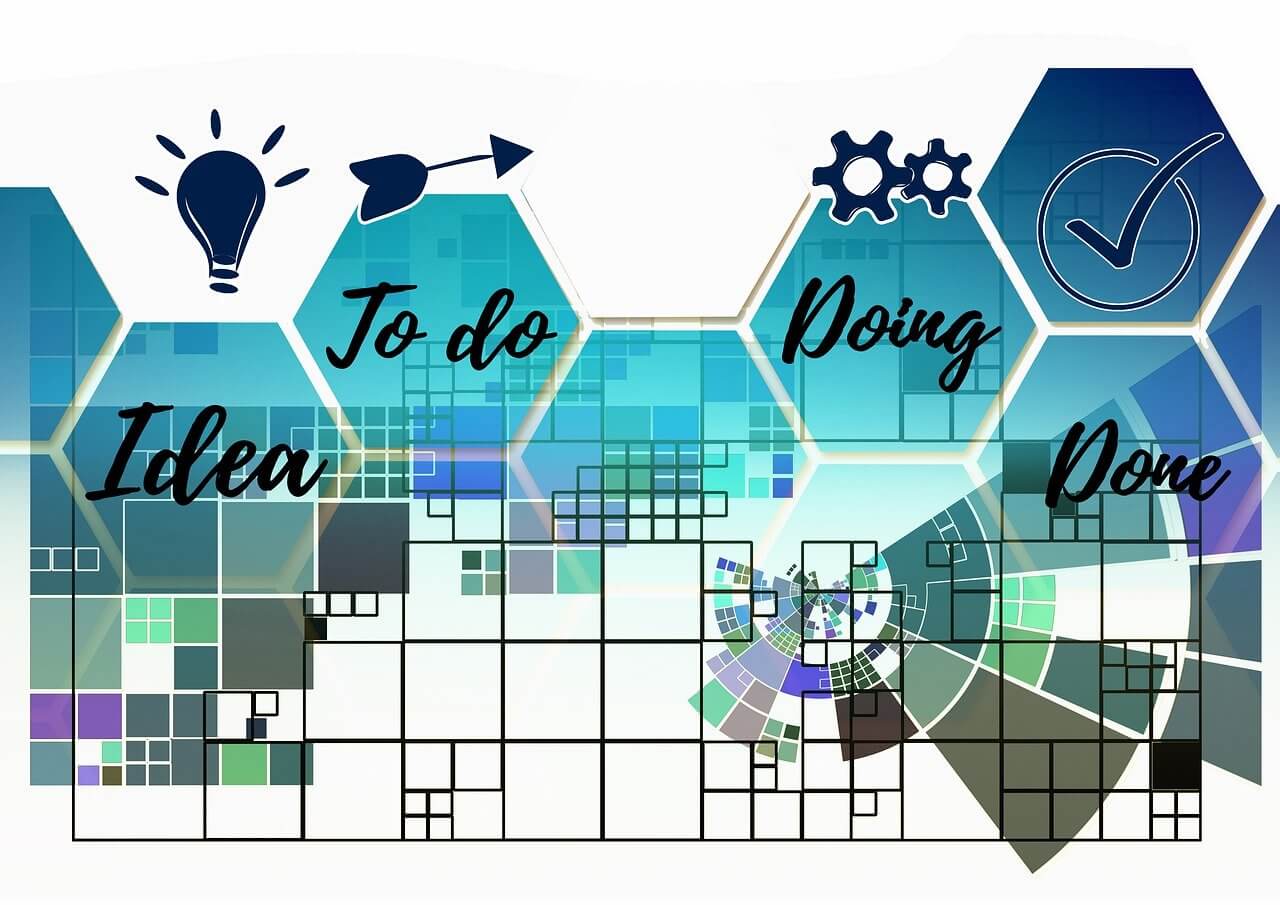Our planet contains abundant technological advancements, and among them, quantum computing stands out as one of the most intriguing. Quantum computers are unique devices that link various components to perform specialized tasks in solving complex issues.
When faced with a problem that seems unsolvable, should we leave it that way? I believe not. Quantum computers and specialized algorithms help solve intricate problems challenging scientists and professionals.
They offer the key to solving mathematical and scientific challenges, making it easier to address them effectively. People utilize quantum computers more precisely than traditional supercomputers, thanks to their superior speed and accuracy.
Definition
Quantum computing (QC) refers to a unique type of computer that utilizes additional hardware and specific algorithms designed to tackle intricate mathematical issues.
Indeed, quantum computers are employed for problem-solving, but what are the various forms of quantum computing?
Types of Quantum Computing
1. Photonics Computing
Photonics utilizes advanced light particles known as photons in quantum computing. Despite its complexity, photonic computing stands as an exceptional computing paradigm capable of addressing a wide range of problems with greater speed than conventional computers.
Several leading technology companies, such as ORCA Computing, Xanadu, and Pisiquantum, among others, are increasingly backing photonic quantum computing as it gains traction.
Should you be contemplating the use of a large quantum computer, photonic computing emerges as the most appropriate choice, thanks to its capability to employ ions for laser cooling.
2. Trapped Ions
A quantum computer that utilizes trapped ions operates like traditional computing, but instead of atoms, it employs confined ions. These ions can be controlled using a magnetic field, ultimately transforming them into useful data.
Trapped ions represent a unique type of quantum computer that offers significant advantages for experts, particularly those in the aerospace sector.
People widely recognize that space missions require numerous precise measurements and the maintenance of stability, which is why trapped ions are highly efficient. They are instrumental in ensuring the stability of devices and the equipment’s precise operation.
READ ALSO: Latest Technology Trends 2024: All you need to know
3. Superconducting
Superconducting technology is highly favored by Many organizations, including IQM and Google, and is a frequently used approach in quantum computing companies for addressing complex problems.
As its name implies, a superconducting quantum computer utilizes superconducting materials such as magnesium diboride, aluminum, copper oxide, barium, and yttrium.
These materials enable electric currents to flow without resistance, even when subjected to significant temperature changes, given that heat can degrade quantum data, these devices incorporate a resonance circuit as an alternative to qubit.
READ ALSO: Top Cloud Computing Trends to Watch In the Future
4. Neutral Atom Quantum Computing
A neutral atom employs optical tweezers, consisting of arrays of laser beams, for quantum computing. In contrast to trapped ion computing, which utilizes electric ions to immobilize an atom, a neutral atom lacks any charge, therefore no ions are captured.
However, through the application of optical tweezers, an atom can be securely held.
Neutral atom computing involves the use of electromagnetic waves, specifically laser beams, for the investigation of particles.
5. Hybrid Quantum Computing
A hybrid quantum computer is an improved version of a quantum computer that incorporates elements of classical computing. It collaborates closely with a traditional computer, offering extensive capabilities for particle chemistry studies, accurately determining the lowest energy states of chemical compounds and their arrangements.
It relies on a classical computer to perform physical tasks while addressing computational challenges.
Uses of Quantum Computing “QC“
Quantum computing company has emerged as a pivotal technology in the current era, impacting various sectors and industries across our modern world. Let’s explore several applications of QC and the areas where it is predominantly utilized.
● Medicine
Quantum computing companies have played a crucial role in the development and processing of pharmaceuticals. The presence of certain particles at various levels is of significant importance in the creation of drugs to fight against multiple illnesses.
In 2022, a team of institutions collaborated to identify an enzyme known as cytochrome p450. This enzyme is responsible for reducing the impact of drugs in the body by 70%. It enhances the drug’s effectiveness within the human system. Beyond its discovery, this enzyme can also be utilized to speed up its effects. The application of QC is vital in this field.
● In Agriculture
Ammonia stands as the cornerstone ingredient in the majority of the world’s fertilizers, and quantum computing has markedly enhanced their production. Generating ammonia via nitrogen fixation remains an almost insurmountable challenge for scientists but quantum computing brought solutions.
● Creating vast energy (fusion reaction)
Quantum computing has proven to be instrumental in generating a significant amount of energy. Studying heavy hydrogen and deuterium involves laser bombardment, collapsing their energy barrier to induce fusion reactions.
Several scientists made this breakthrough, believing it would be a future discovery. However, QC has brought this advancement to our doorstep.
● Control of large data
It enables organizations to manage critical data and develop effective handling strategies.
Technologies like the Internet of Things (IoT), digital twins, and cybersecurity have significantly increased the volume of data. With all devices internet-connected, efficient data management is crucial to prevent loss and errors.
Quantum computing ideally addresses this challenge. It enables organizations to manage critical data and develop effective handling strategies.
● Carbon dioxide Control
Greenhouse effects are one of the major causes of these compounds. The rate at which CO2 is released cannot be effectively controlled, although methods have been implemented, none are cost-effective.
The most common method is sequestration and used but cannot reduce CO2 emissions. The involvement of QC is bringing a solution to this issue as the world advances.
Advantages of Quantum Computing (QC)
Google quantum computing addresses technical challenges that previous professionals call a threat, including mathematicians and those involved in space exploration.
With new discoveries and unanswered questions, how do we adapt to the evolving world? The advent of quantum computing has answered many of these questions that the most powerful supercomputers could not.
Integrating quantum computers into technology boosts efficiency, speeding up performance and improving accuracy.
In the cryptography field, QC companies have excelled in offering robust solutions. The food industry is leveraging QC for logistics management and precise planning. Also, the automobile industry heavily invests in it for its ability to facilitate fast and accurate data transfer
Conclusion
Quantum computing excels in quickly solving complex mathematical and real-world problems that traditionally take much longer.
Its application has brought about significant changes in various industries, including the automotive, agricultural, and space exploration sectors. Additionally, Google QC has enhanced the capabilities of other technologies, enabling them to perform tasks at an unprecedented speed.







